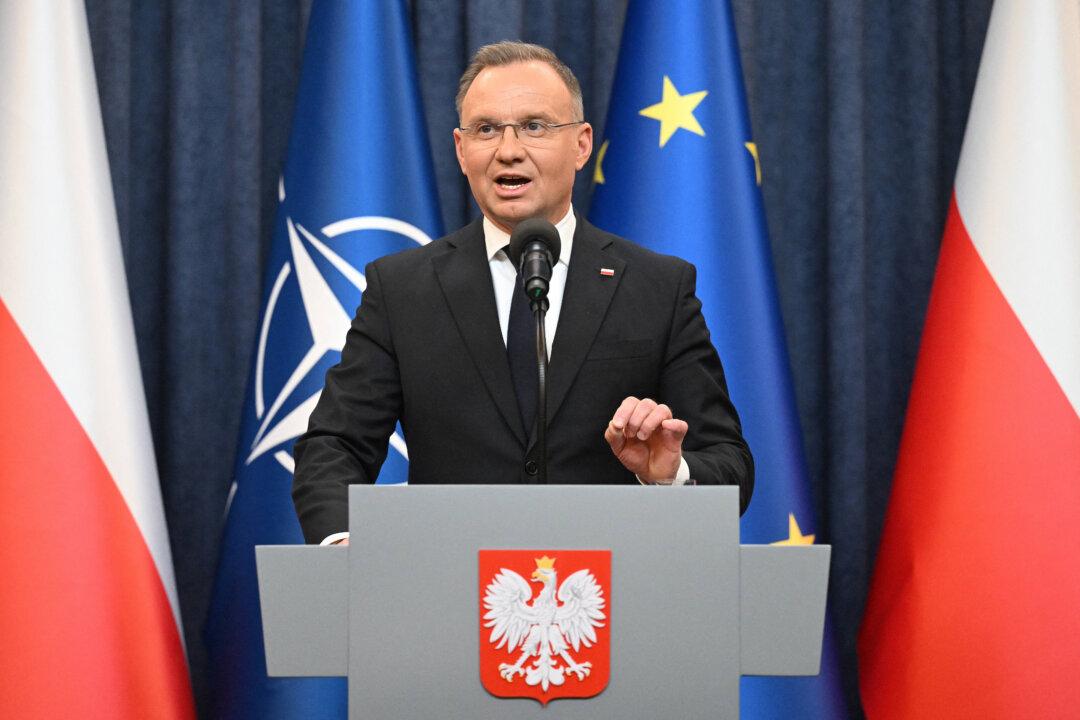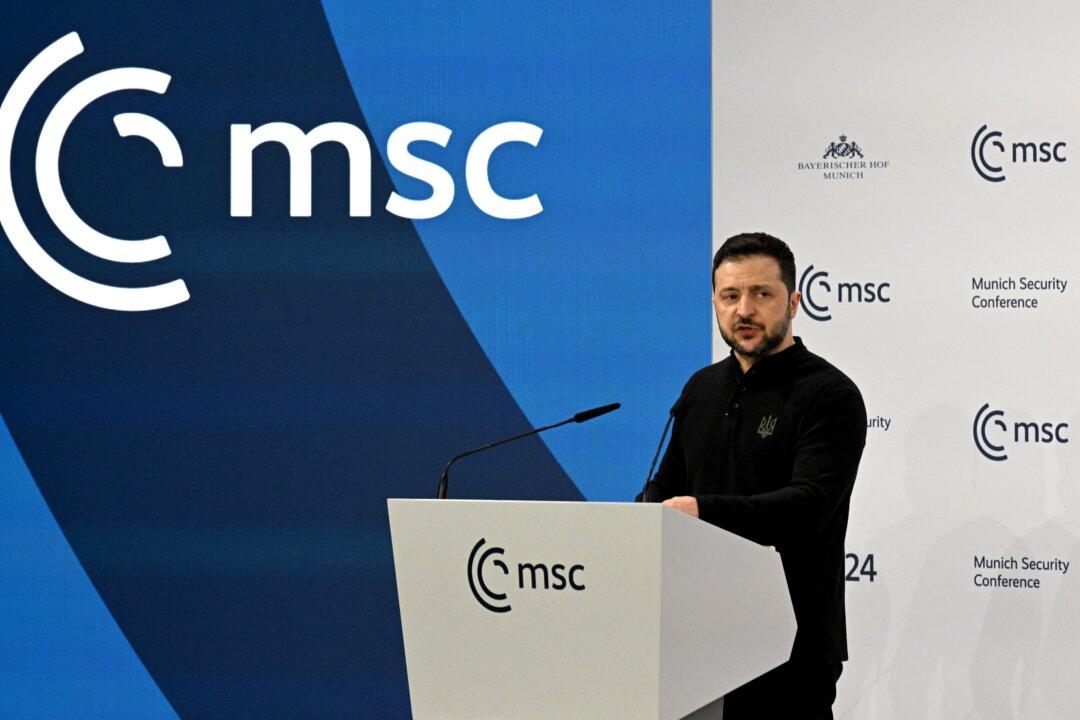Consolidating Power
Kevin McCauley, an independent China analyst who previously worked for the U.S. Department of Defense for 26 years, said that Xi has consistently used his political power to promote generals loyal to him.“Since coming to power Xi has promoted officers loyal to him and used corruption charges against those he felt were not loyal,” McCauley told The Epoch Times. “Xi’s removal of officers, and promotions of those he trusts, cemented his control over the military and opened the way for the major reforms to the PLA he has pushed through.”
Wang is the third general to be named commander of the WTC in just nine months.
Zhang Xudong was assigned to the post in December of 2020 and was replaced Xu Qiling in June, who was subsequently replaced by Wang in August.
McCauley said that the promotion of strictly loyal officers was a key method by which Xi maintained control of the PLA and CCP. Because of this, he believes that Wang will either toe the line or face a similar fate to his predecessors.
“Xi has clearly promoted officers he feels he can trust and has the obedience of the PLA,” McCauley said. “He has similarly strengthened his position within the CCP.”
“External and internal policies related to the WTC are determined within the Central Military Commission and Party,” McCauley said. “Wang will execute those policies or be removed.”
Frank Lehberger, a senior fellow at the India-based Usanas Foundation who spent twenty years in Tibet doing field research, agreed, saying that Xi was wholly focused on weeding out political enemies in the PLA.
“Xi is now fully concentrating on defeating internal enemies who could manage to block his lofty ambitions,” Lehberger told The Epoch Times.
Lehberger explained that Xi was doubling down on remaking the CCP and PLA in his own image, and that his restructuring of the military and purge of generals was largely aimed at overcoming his predecessor Hu Jintao’s reliance on the whims of a military largely shaped by Hu’s own predecessor, Jiang Zemin.
“In 2013, Xi was confronted with a PLA that was shaped by Jiang Zemin, who was State-President of China, CCP general secretary and Central Military Committee (CMC) chairman in one person from 1992 to 2002,” Lehberger said.
“Determined not to become the next CMC chairman in-name-only, Xi started to systematically dismantle Jiang’s PLA,” Lehberger added.
Lehberger said that the very structure of the new Theater Commands created in 2016 assisted Xi in this endeavor by breaking up the old organizational power bases of a military that still largely reveres the contributions of Jiang.
An Expeditionary PLA
Xi’s accumulation of power does not end in China, however. His efforts to appoint generals personally loyal to him and to modernize the PLA into a modern expeditionary force capable of projecting CCP ambitions globally are now contributing to a security situation in Central Asia that could reshape the international order, analysts say.“The CCP clearly wants to develop an expeditionary military capability and are developing the theoretical foundation, as well as military equipment to support a greater overseas military presence,” McCauley said.
Specifically, though it is expected that the CCP could leverage its economic clout with the Taliban to mitigate the development of new terrorist cells in Afghanistan, the Taliban may pursue the development of such cells in Pakistan or India. Such cells would prove fruitful for Islamists seeking to strike at India, though would ironically create a thorn in the side of the CCP.
“Beijing clearly wants to foster friendly relations with the Taliban and will offer economic development aid not only to gain access to Afghanistan’s mineral wealth, but also to influence the Taliban not to support terrorist groups within the PRC [People’s Republic of China],” McCauley said.
“Taliban support of insurgent groups in India could raise tensions in the region,” McCauley added. “These developments could lead to another crisis between Pakistan and India.”
“The emboldened and American-armed Taliban could now be tempted to strengthen fundamentalist currents in Pakistan and gain control over the government plus the army with its nuclear arsenal,” Lehberger said. “The Chinese have no way of preventing the Taliban from doing all that inside Pakistan.”
“The U.S. and its allies need to develop a coherent strategic program to counter CCP propaganda and influence campaigns, as well as the CCP’s use of economic development programs to expand its overseas influence,” McCauley said.
“The US and its allies should pay more attention to strengthen relations with Central Asian countries and weaken the PRC’s and Russia’s influence in this area,” he added.
Lehberger said, “The international community should simply not cooperate with China and scrutinize their intentions much more closely.”





